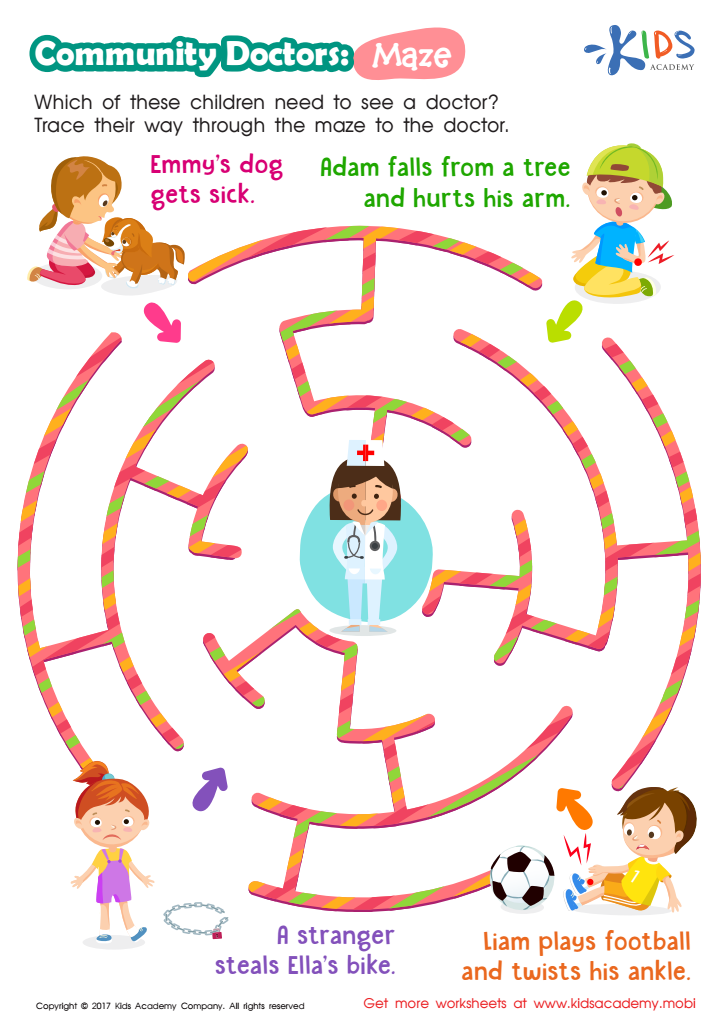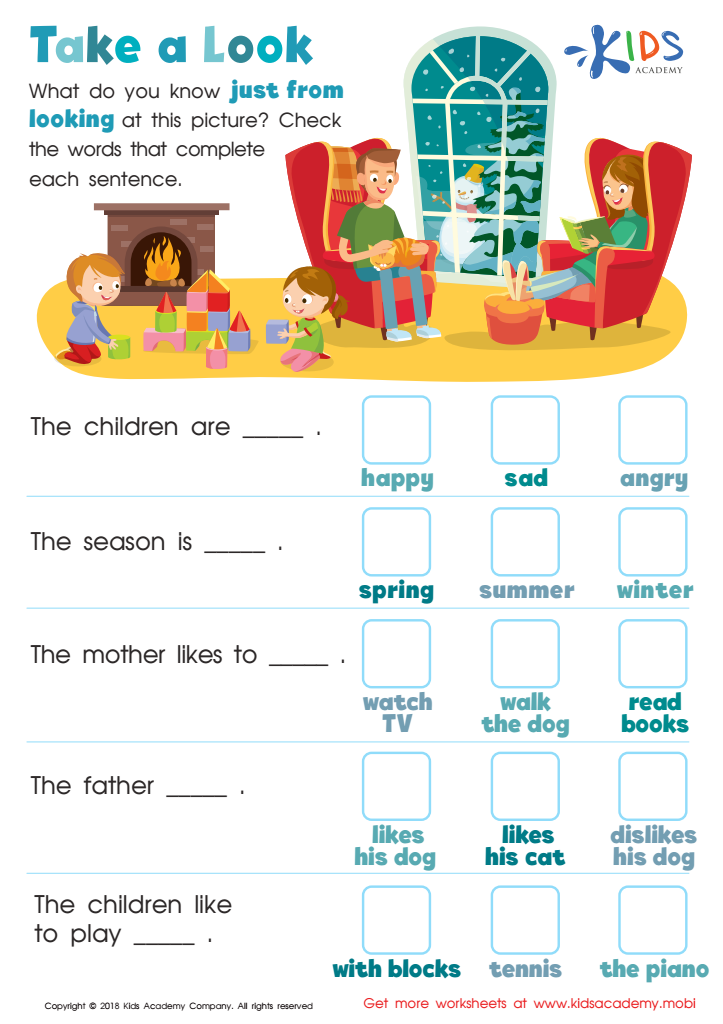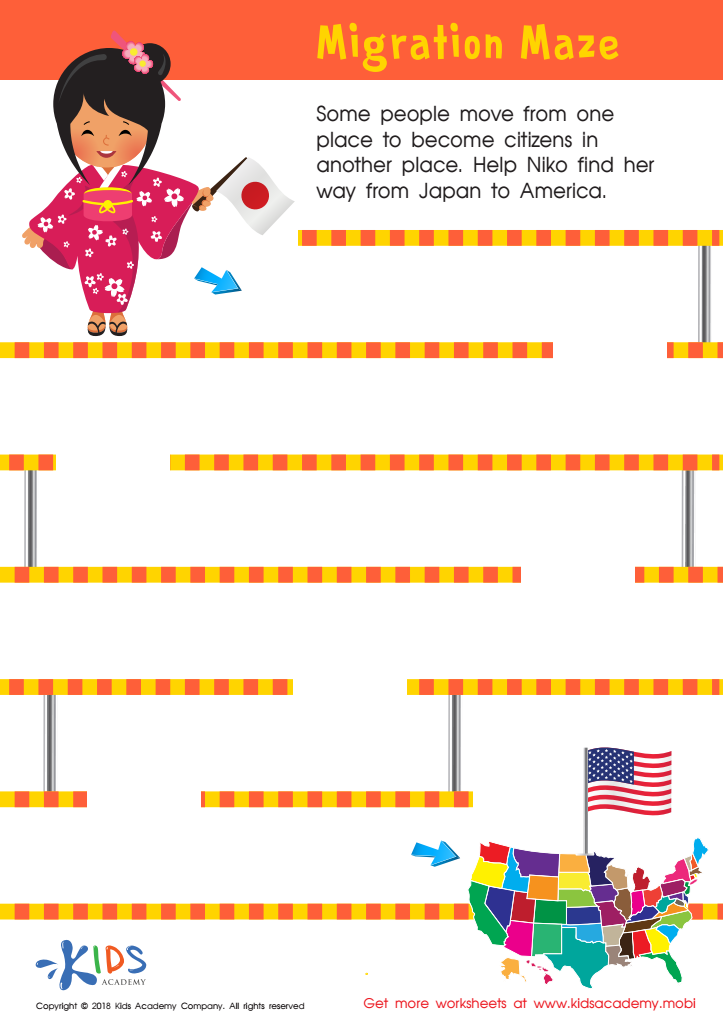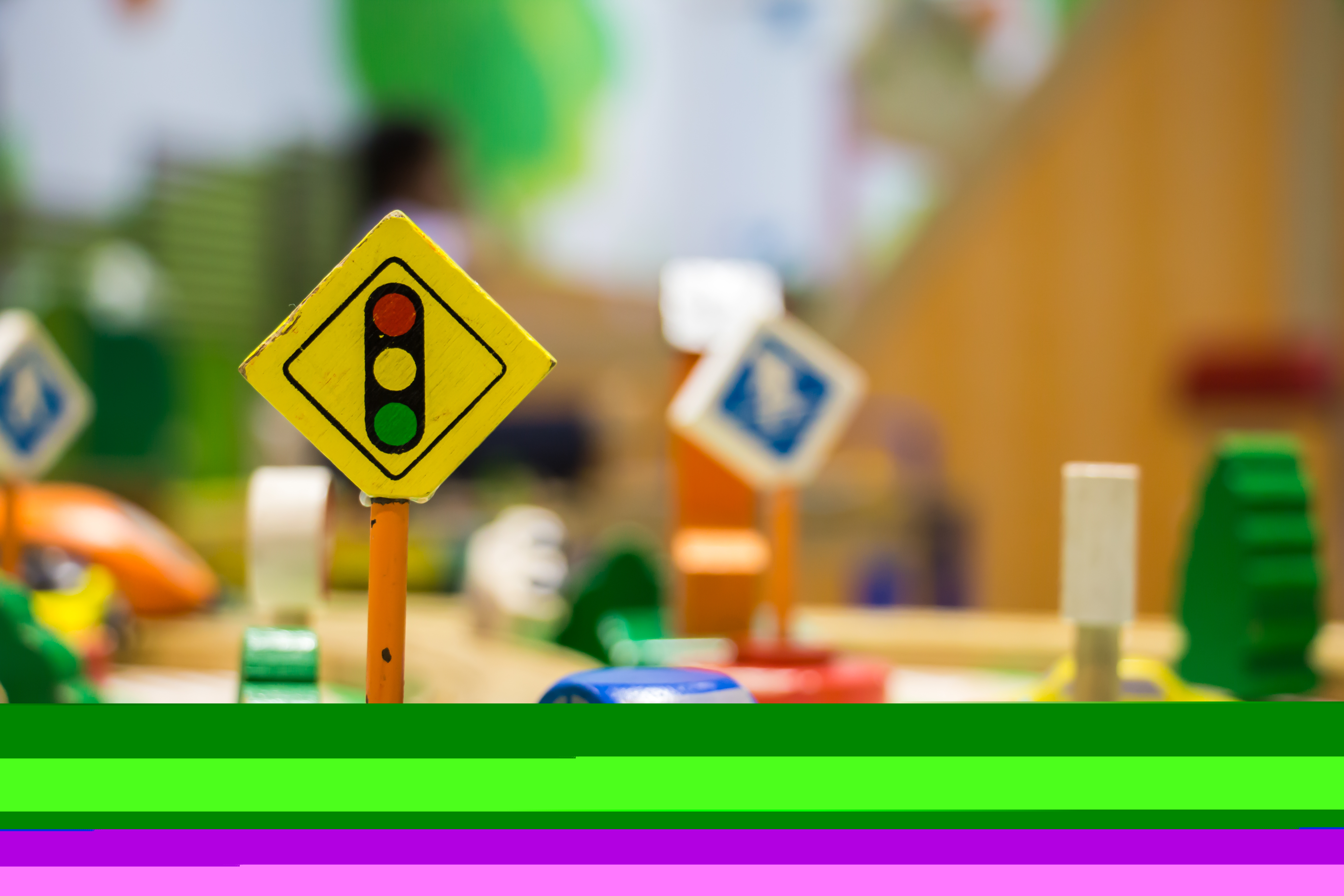Problem-Solving Skills Normal Community Worksheets for Ages 4-7
5 filtered results
-
From - To
Discover engaging and interactive Problem-Solving Skills Worksheets designed for children aged 4-7. Our community-focused materials help young learners develop critical thinking and decision-making abilities in a fun and age-appropriate way. Each worksheet encourages kids to analyze real-world scenarios, fostering their creativity as they come up with potential solutions. Aligned with early learning standards, these printable worksheets support social studies education while promoting collaboration and communication. Ideal for classrooms or at-home learning, these resources will empower your child to tackle challenges with confidence while building essential problem-solving skills. Begin enhancing your child's cognitive abilities today!


Community Doctors: Maze Printable


Towns Worksheet


Take a Look - Part 1 Worksheet


Migration Maze Worksheet
Problem-solving skills are essential for children ages 4-7, as they lay the foundational cognitive abilities that will aid learning and development throughout their lives. Parents and teachers should prioritize fostering these skills within a normal community context, as they help children navigate challenges, make decisions, and understand the consequences of their actions.
Firstly, problem-solving equips young learners with the tools to manage everyday challenges, whether it’s resolving conflicts with peers, figuring out how to share resources, or completing tasks. These experiences enhance their independence and self-confidence, encouraging them to take initiative in various situations.
Moreover, engaging in problem-solving activities promotes critical thinking and creativity. Children learn to approach situations from different angles, make connections between ideas, and develop resilience when faced with setbacks. These skills are directly applicable to academic settings and future learning scenarios, enhancing their ability to adapt to new challenges.
Finally, nurturing problem-solving skills in a community context fosters collaboration and social interactions, teaching children the importance of teamwork and empathy. As parents and teachers model effective problem-solving behaviors, they create an environment where children feel safe to explore, inquire, and learn—waves enhancing both personal growth and community bonds.

 Assign to My Students
Assign to My Students

















